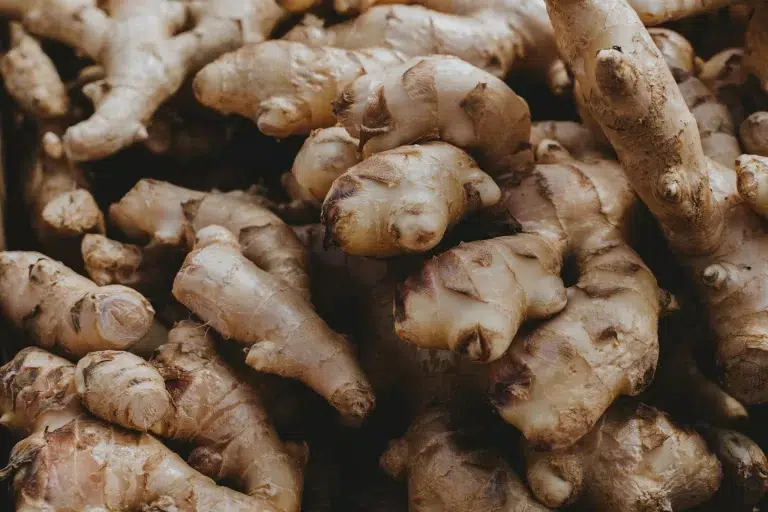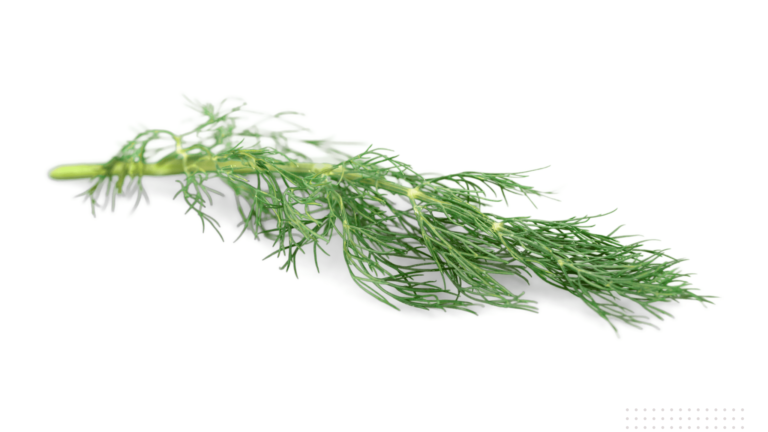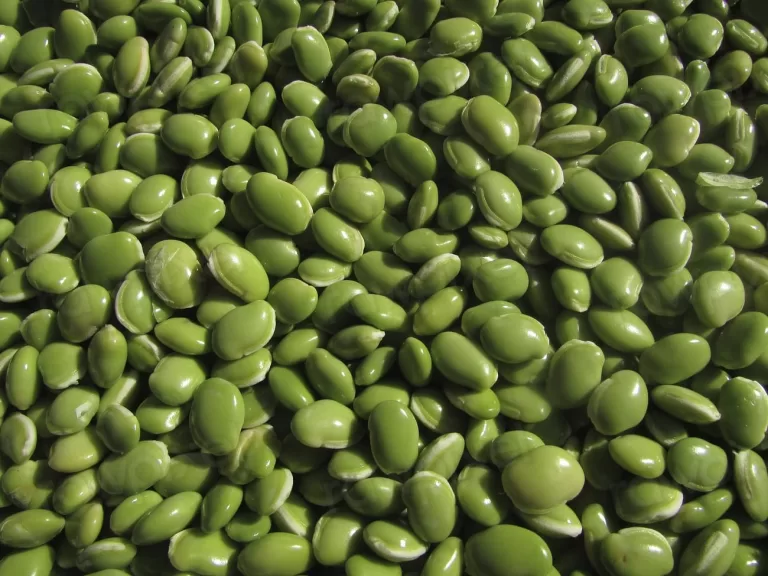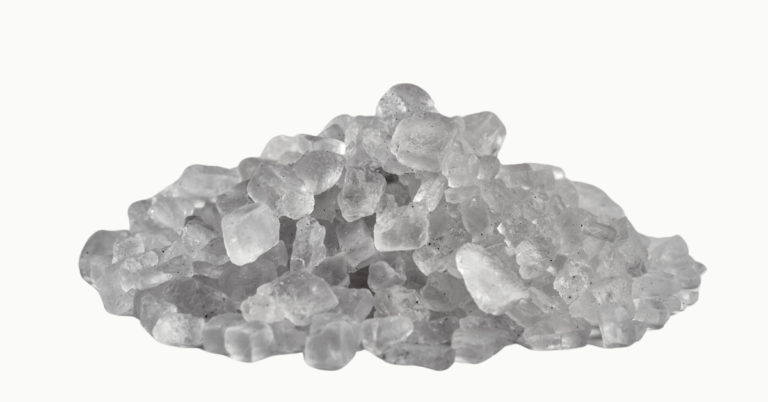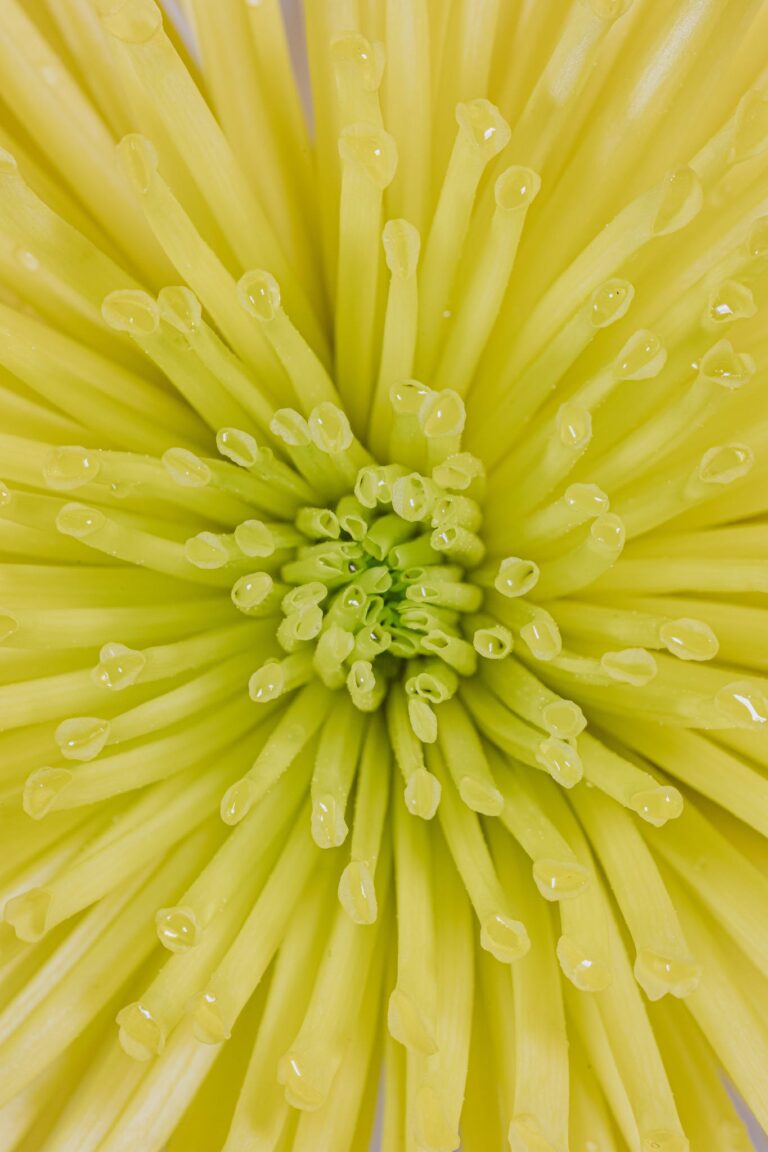Are Sunflower Seeds Good For You? High Value BioDiet
“Are sunflower seeds good for you? Sunflower seeds are rich in a variety of bioactive compounds, including phenolic acids, flavonoids, and lignans. Of particular note, they are a good source of chlorogenic acids, which exhibit antioxidant properties and may contribute to weight loss. These compounds are recognized for their exceptional…


